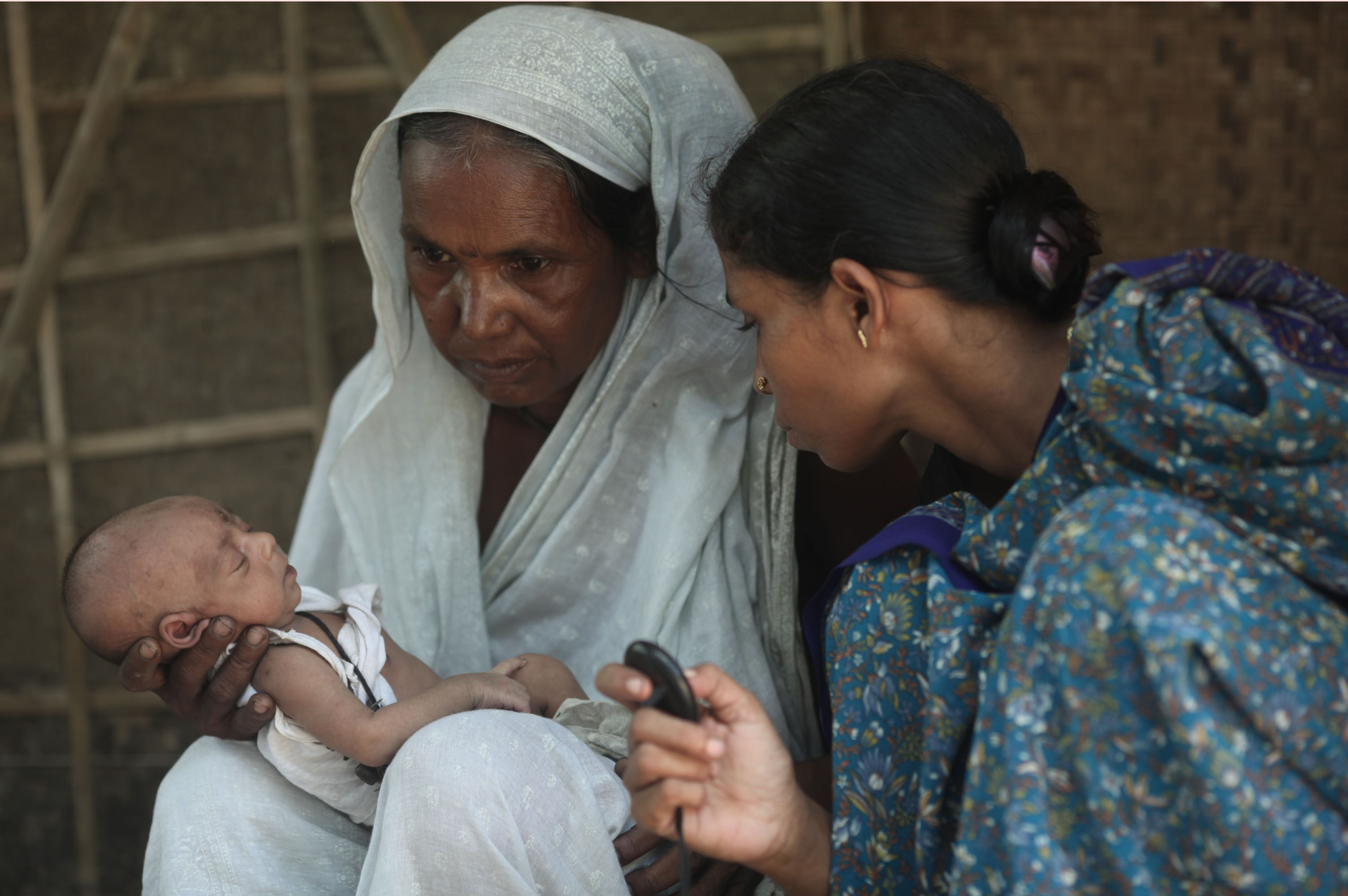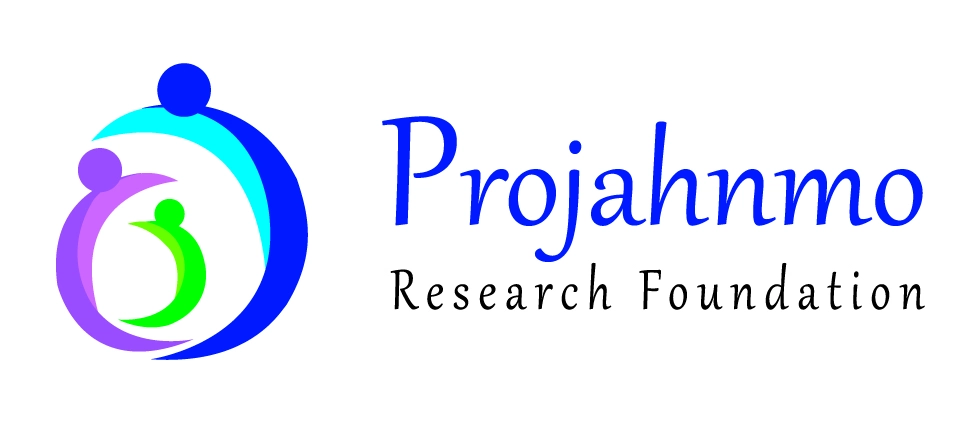
The Consequence of Respiratory Syncytial Virus (RSV) Infection in Young Infants.
Sponsor: National Institute of Health Research UK, through the NIHR Global Health Research Unit on Respiratory Health (RESPIRE).
Project Period: April 2019 - 30 June 2021
Respiratory Syncytial Virus (RSV) is associated with acute lower respiratory tract infections (RSV-LRTI) among under-five year old children globally and has long-term effects on children’s health such as recurrent wheeze in the year following infection and development of childhood asthma, which in turn is a major risk factor of asthma in adulthood and chronic obstructive pulmonary disease (COPD).
Primary objective of this study was to understand the association between RSV-LRTI in first two months of life and development of asthma later in childhood.
This was a community-based prospective cohort study where the eligible children (from a previously conducted population-based study ANISA) were enrolled (535) and followed for one year period. Children whose parents provided consent were visited by health worker three times over a period of one year period and in one additional visit, they were brought to nearest health center where clinical examination, anthropometry, spirometry, exercise challenge test and blood test for eosinophil were conducted by a study physician.
